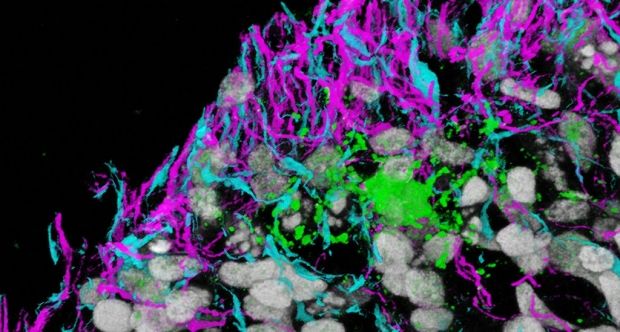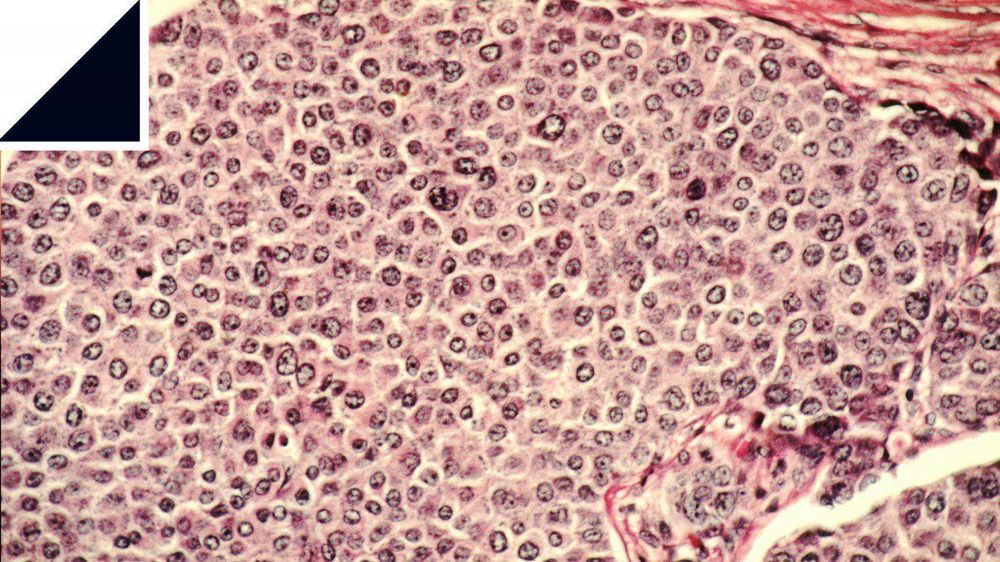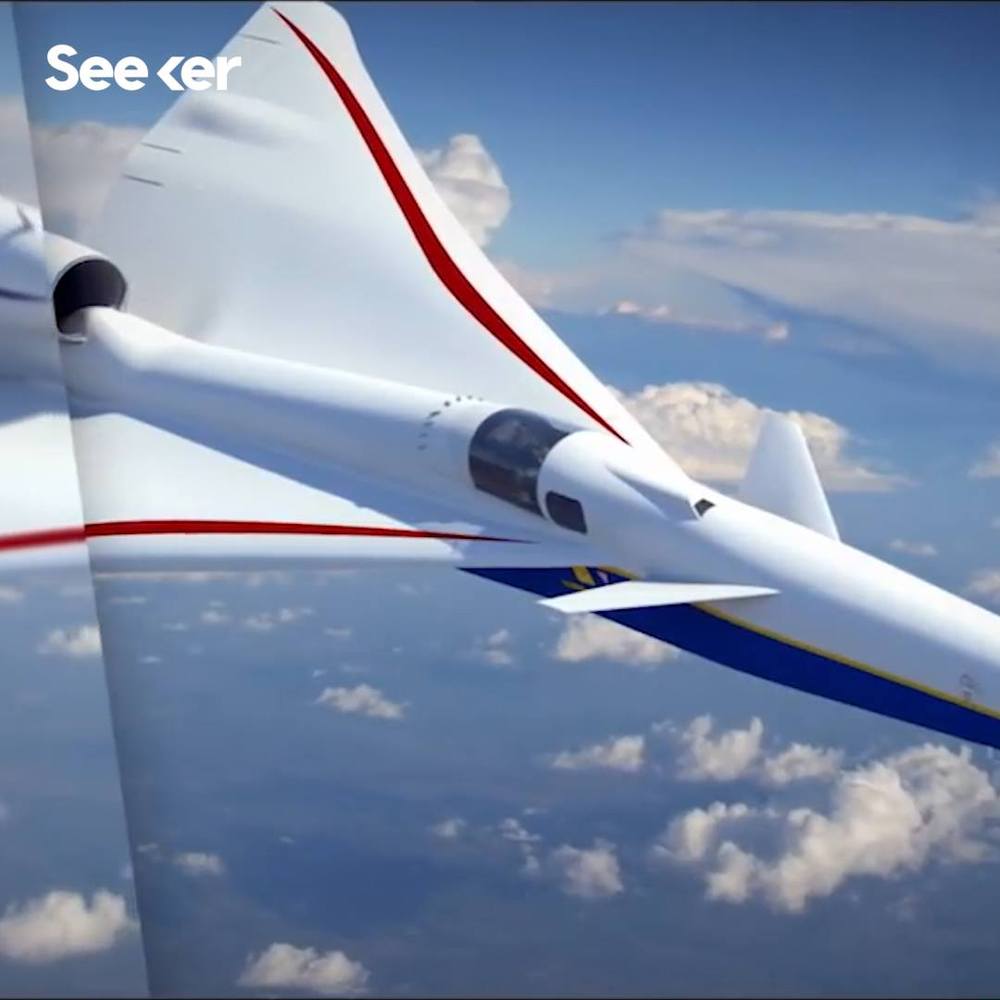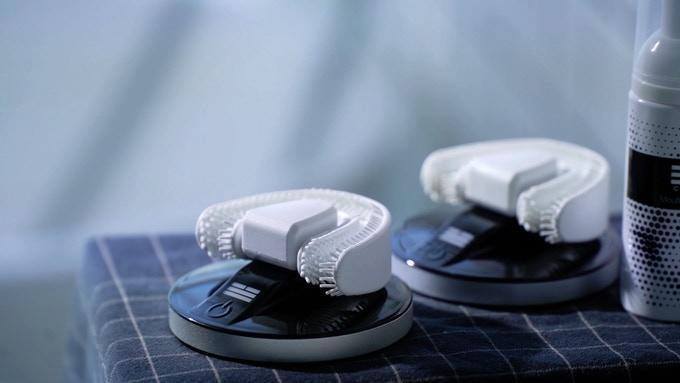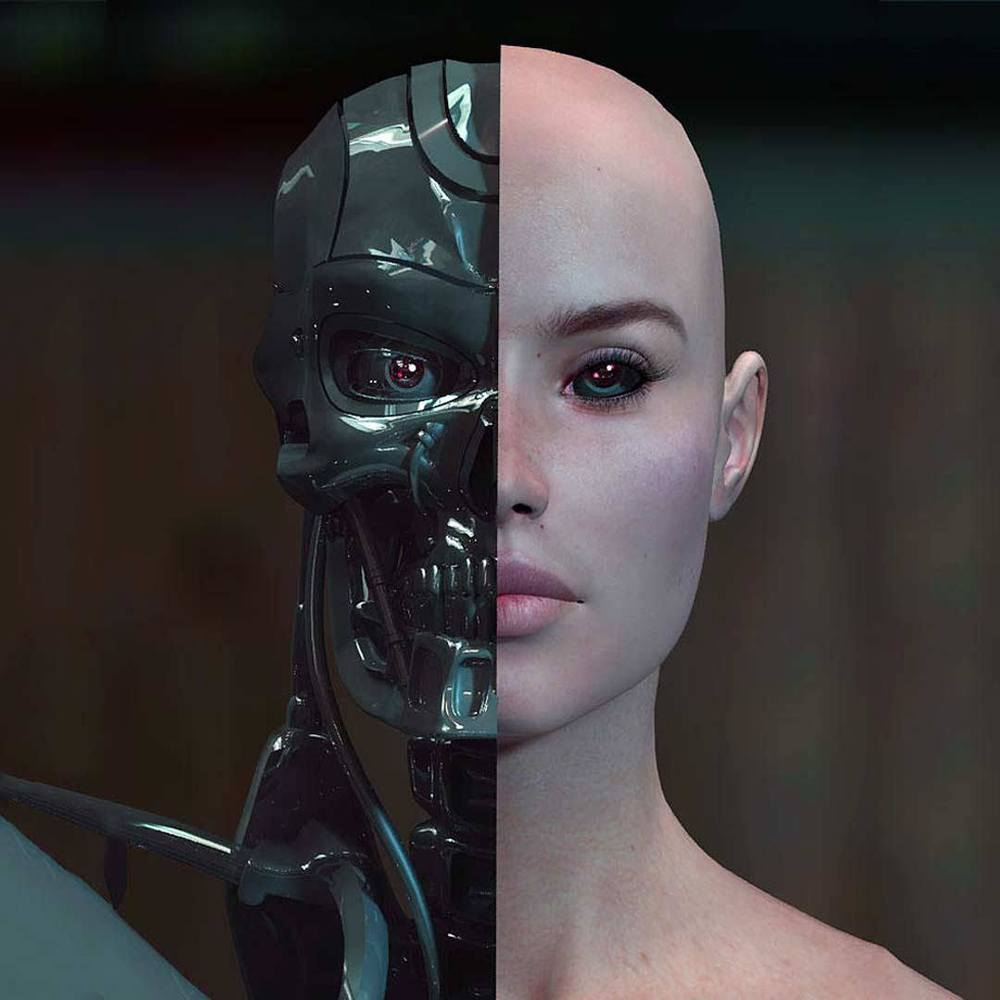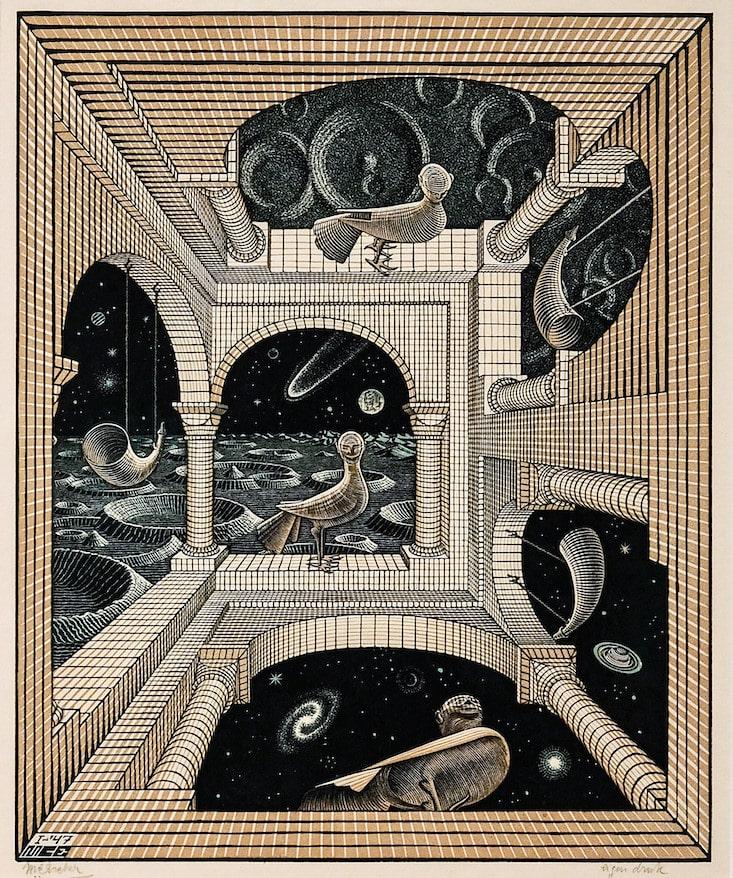Page 9057
Feb 12, 2019
Electric nanoparticles can target and kill cancer cells
Posted by Paul Battista in categories: biotech/medical, nanotechnology
Particles that produce electrical signals when bombarded with ultrasound could be a way to direct a cell-killing treatment directly to tumors.
Feb 12, 2019
SeekerVideosNASA Is Testing Quiet Sonic Booms
Posted by Shailesh Prasad in category: transportation
Feb 12, 2019
New Evidence for the Strange Geometry of Thought
Posted by Genevieve Klien in categories: robotics/AI, space
In a 2018 Science paper, co-authored with Jacob Bellmund, Christian Doeller, and Edvard Moser—neuroscientists from the Max Planck Institute in Leipzig and the Kavli Institute in Trondheim—Gärdenfors, of the University of Lund, buttressed his idea with recent advances in brain science. He argued that the brain represents concepts in the same way that it represents space and your location, by using the same neural circuitry for the brain’s “inner GPS.”
“Cognitive spaces are a way of thinking about how our brain might organize our knowledge of the world,” Bellmund said. It’s an approach that concerns not only geographical data, but also relationships between objects and experience. “We were intrigued by evidence from many different groups that suggested that the principles of spatial coding in the hippocampus seem to be relevant beyond the realms of just spatial navigation,” Bellmund said. The hippocampus’ place and grid cells, in other words, map not only physical space but conceptual space. It appears that our representation of objects and concepts is very tightly linked with our representation of space.
Gärdenfors’ theory highlights a fruitful path, not only for cognitive scientists, but for neurologists and machine-learning researchers.
Continue reading “New Evidence for the Strange Geometry of Thought” »
Feb 12, 2019
Are Cyborg Warriors a Good Idea?
Posted by Genevieve Klien in categories: cyborgs, military, neuroscience
The Pentagon is funding brain-implant research aimed at creating neurally “enhanced” soldiers.
- By John Horgan on February 9, 2019
- 3
Feb 12, 2019
German Regulators Just Outlawed Facebook’s Whole Ad Business
Posted by Genevieve Klien in category: business
The country’s antitrust regulator told Facebook it couldn’t demand so much data from users simply to have an account. Experts say it’s a big deal.
Feb 12, 2019
Report: Space will likely be a battlefield in any U.S. conflict with China, Russia
Posted by Nicholi Avery in categories: military, satellites
WASHINGTON — A new U.S. intelligence report warns that both China and Russia are investing in weapons that could attack U.S. satellites and assets in space, and that both nations are now preparing to use space as a battlefield.
Last month, the Defense Intelligence Agency released a report about China’s military capabilities, warning that the Asian country was making advances in counterspace technology that could threaten U.S. satellites responsible for communications, reconnaissance, GPS and early warnings of missile launches.
But a new DIA report, “Challenges to Security in Space,” warns that both China and Russia are making advances in space technology, and that both are likely to turn to space early on in any major military conflict to cripple their adversaries.
Feb 11, 2019
Brain-zapping implants that change mood and lift depression
Posted by Genevieve Klien in category: neuroscience
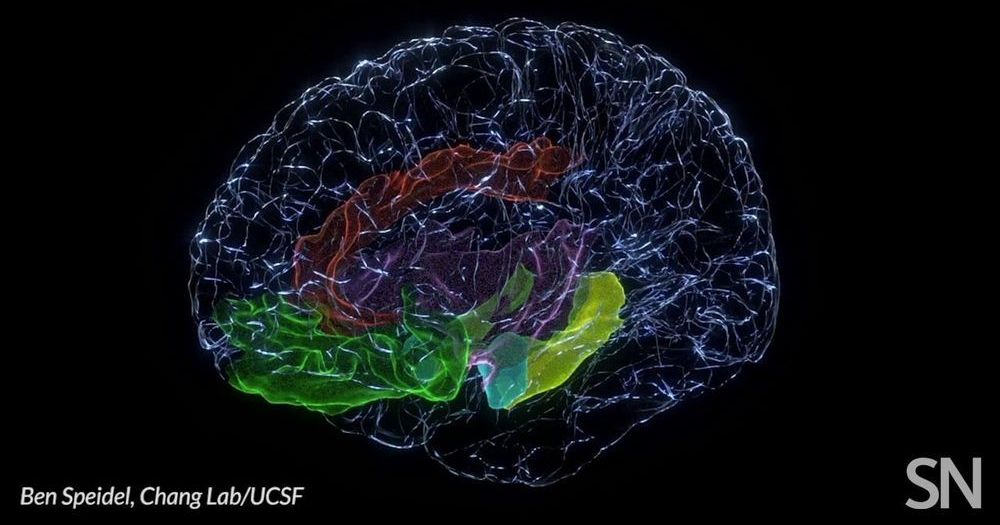
Teams of researchers are developing sesame seed-size neuro-implants that detect brain activity that signals depression and then deliver targeted electrical zaps to elevate your mood. It’s very early days in the science and technology but recent studies suggest that we’re on the path. Links to scientific papers below. Fortunately, the goal is to develop tools and a methodology more precise than the horrifically blunt “shock therapy” of last century. From Science News:
